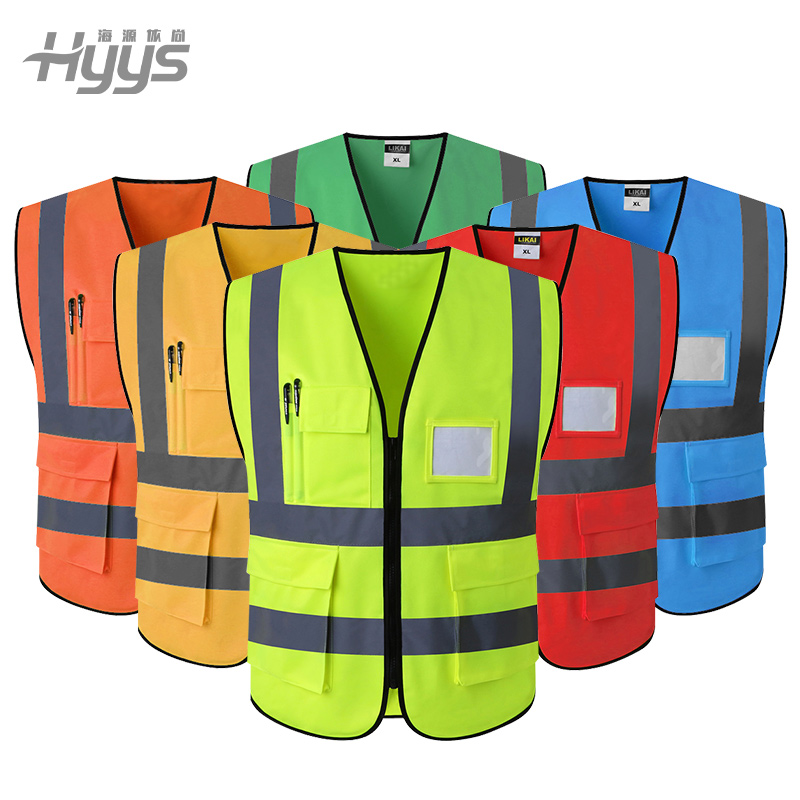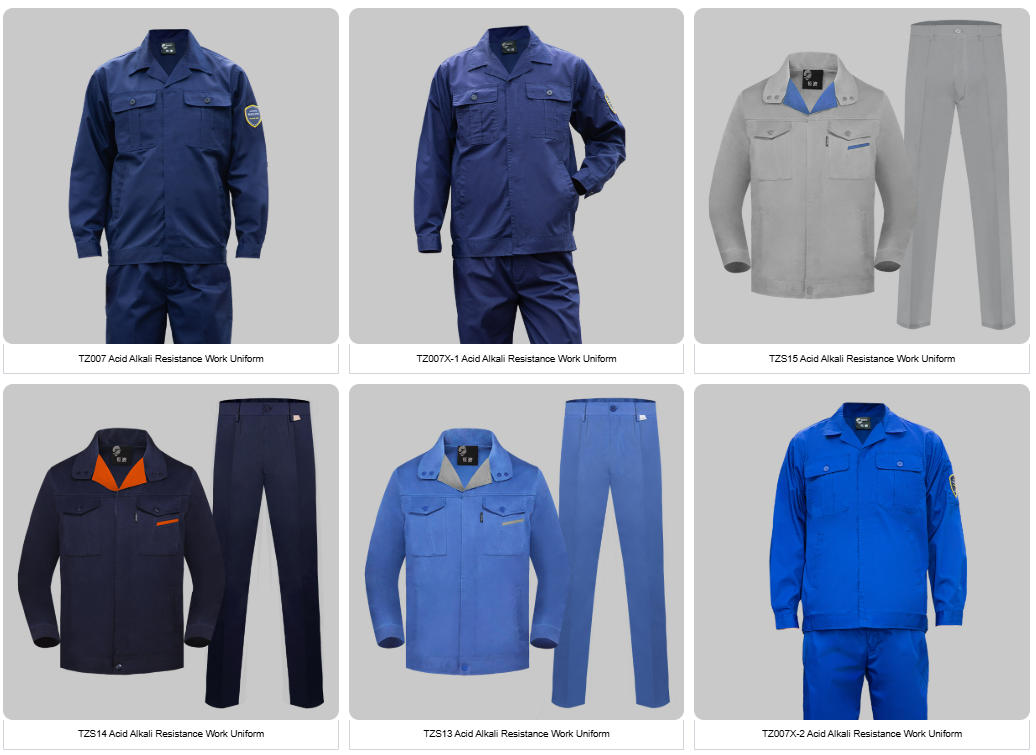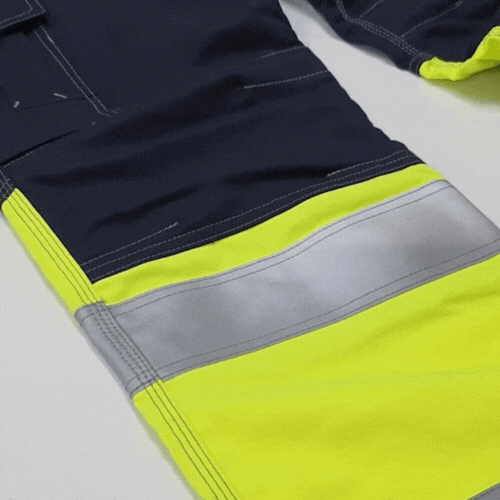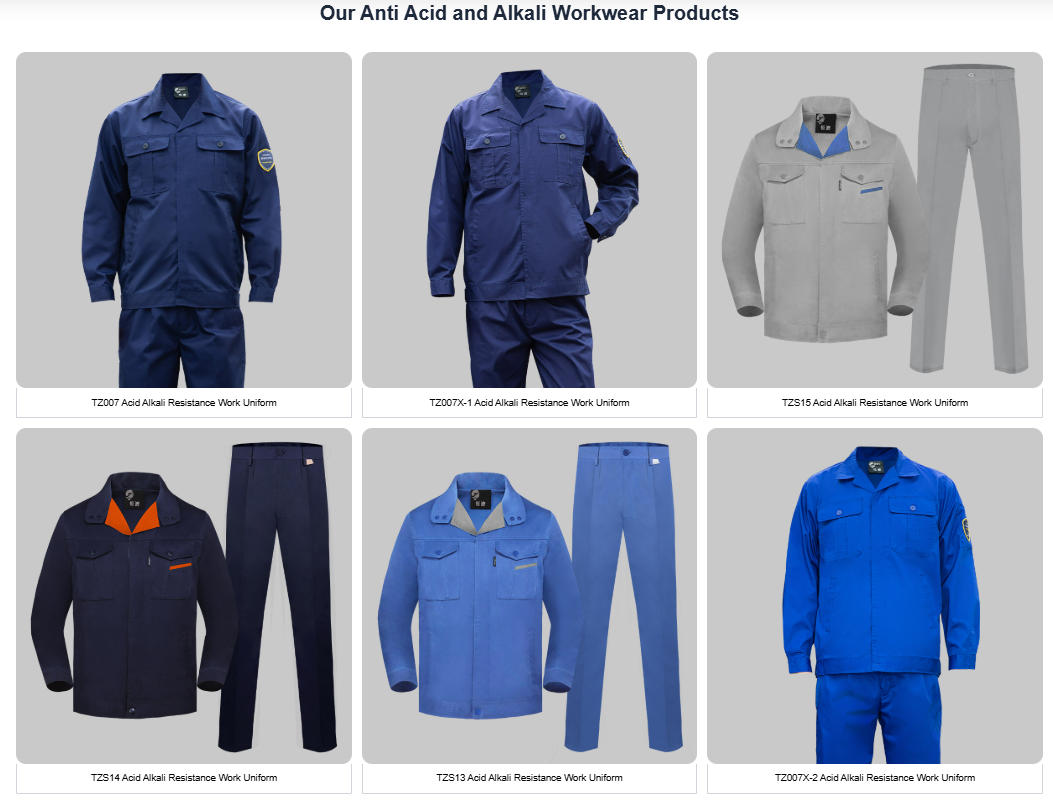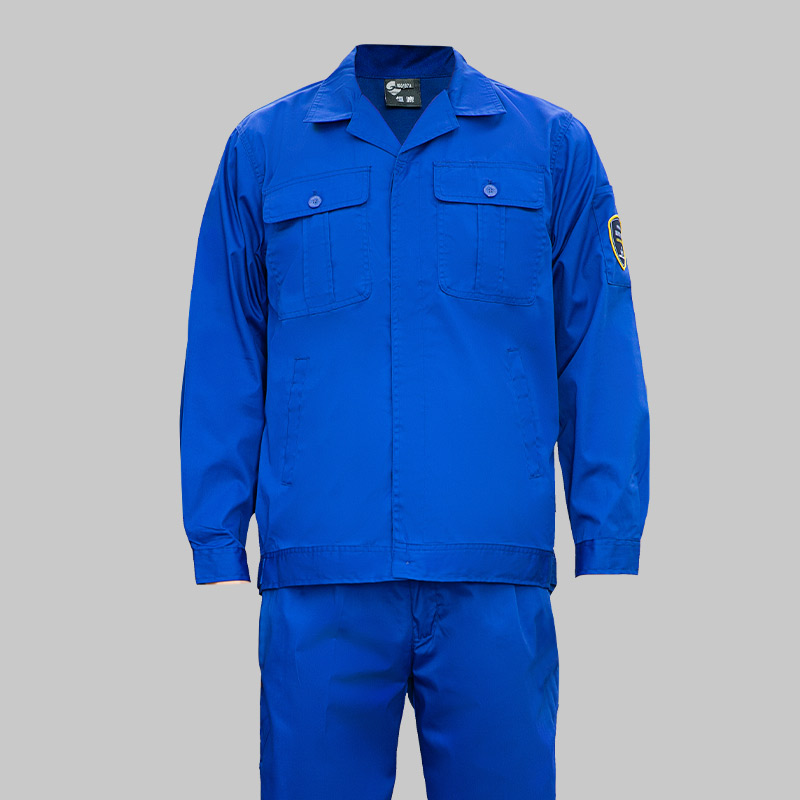The clothing worn by factory workers isn’t typically called a “uniform” in the same way a nurse’s or police officer’s outfit is. Instead, it’s referred to by more specific and functional names.
The most common and accurate general term is Workwear or PPE (Personal Protective Equipment).
However, the specific name changes based on the garment’s style and purpose. Here’s a breakdown of the most common terms:
1. By Garment Style
-
Coveralls (or Boilersuit): This is a one-piece garment that covers the torso, arms, and legs. It’s excellent for keeping contaminants out and is common in industries like automotive, chemical, and painting.
-
Example: “All mechanics in the assembly plant are required to wear their company-issued coveralls.”
-
-
Overalls (or Bib Overalls): These are trousers with a front flap (“bib”) and shoulder straps. They are often worn over other clothes for added protection and pocket space, common in machining and welding.
-
Example: “The welper pulled a tool from the pocket of their heavy-duty overalls.”
-
-
Shop Coat / Lab Coat: A thigh-length or knee-length coat, often button-up. Common in lighter manufacturing, electronics assembly, or quality control labs where full-body coverage isn’t needed.
-
Work Shirt and Trousers: A simple two-piece combination of a durable shirt (often with a company logo) and heavy-duty trousers or jeans. This is a very common and versatile outfit.
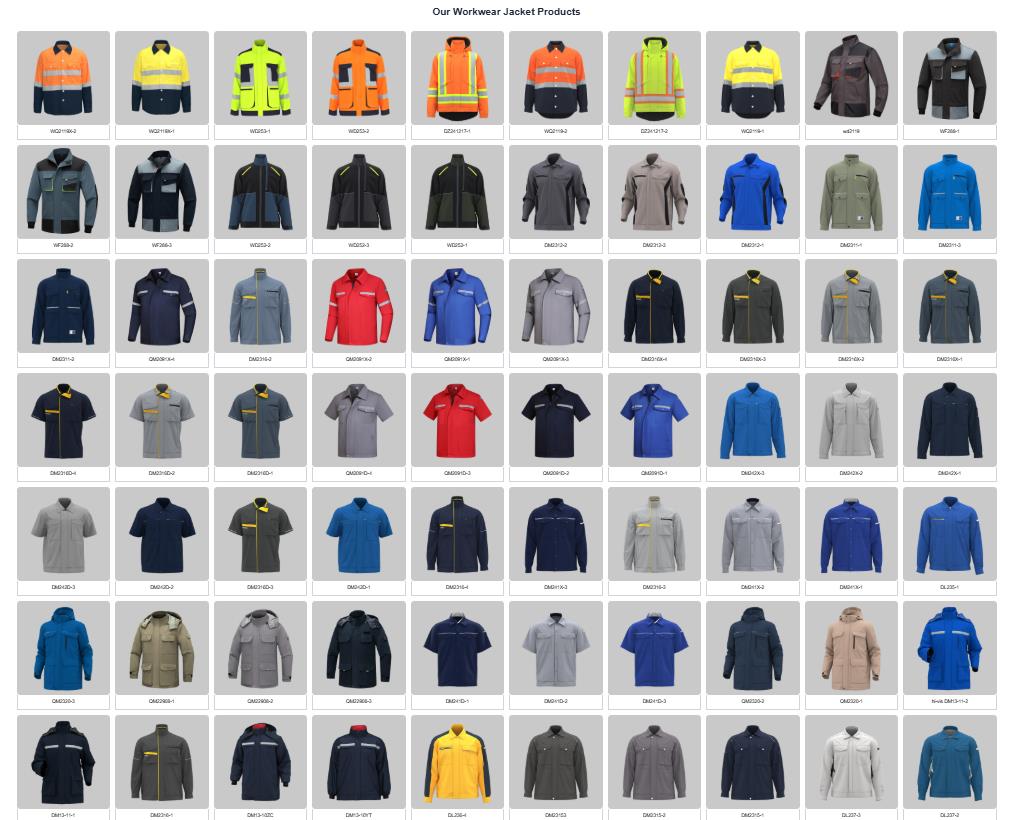
work jackets
2. By Function and Standard
Often, the “uniform” is defined by the protection it offers, not just its style. You would ask for it by its safety standard.
-
FR Clothing (Flame-Resistant Clothing): This is a critical term in industries with fire or electrical arc hazards (e.g., oil & gas, utilities). It’s not a style but a material property.
-
Example: “Everyone entering the refinery must wear FR coveralls and a hard hat.”
-
-
Hi-Vis / High-Visibility Clothing: Garments made from fluorescent material with reflective tape. Mandatory for anyone working near traffic or moving equipment (e.g., forklifts).
Summary Table
| Term | Description | Common Use Cases |
|---|---|---|
| Coveralls / Boilersuit | A one-piece garment covering torso and limbs. | Automotive, Chemical, Painting, Maintenance |
| Overalls / Bib Overalls | Trousers with a bib and shoulder straps. | Welding, Machining, Farming |
| Work Shirt & Trousers | A two-piece set of durable shirt and pants. | General manufacturing, Assembly, Warehousing |
| FR Clothing | Flame-Resistant material (can be shirts, pants, or coveralls). | Oil & Gas, Utilities, Welding |
| Hi-Vis Clothing | High-Visibility vests, jackets, or shirts. | Loading docks, Traffic areas, Construction sites |
| PPE (Personal Protective Equipment) | The umbrella term for all protective gear, including clothing. | Any industrial or hazardous work environment |
In short: While you could generally call it a “uniform,” the most accurate terms are workwear, coveralls, or PPE. The best name depends on the specific job and the hazards involved.
You would typically say, “I need to get my workwear for the new factory job,” or “The company provides all necessary PPE.”

